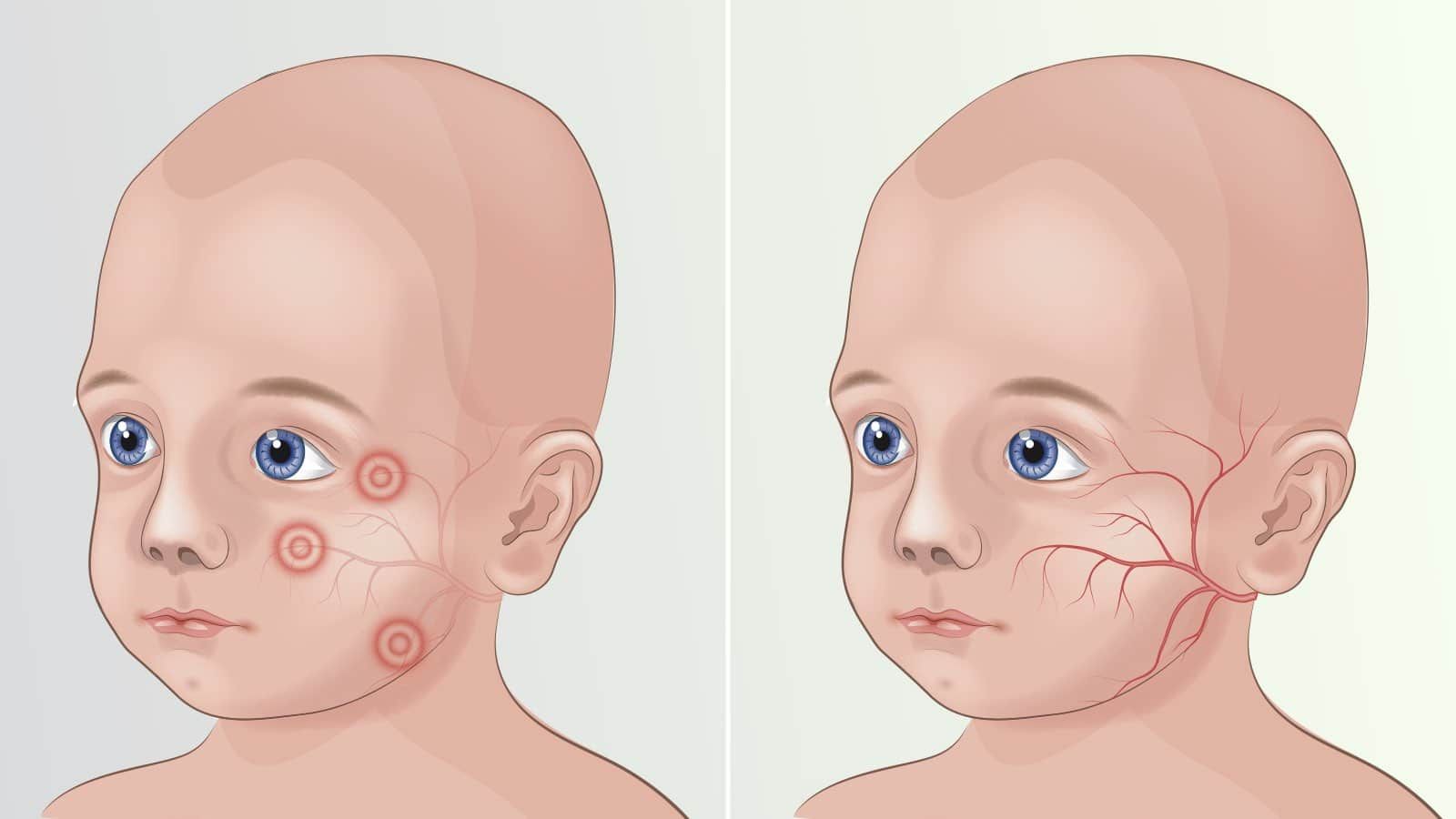TMJ disorder is a condition affecting the temporomandibular joint, the place where your lower jaw attaches to your skull. It is characterized by pain in the jaw and limited range of motion. TMJ disorder is relatively common and is typically easy to treat in most cases.
What causes TMJ disorder? And what should you do if you have TMJ symptoms? Here’s what you need to know to understand and get relief from this condition.
Causes of TMJ Disorder
There are a few potential causes of TMJ disorder, including:
- Teeth grinding. If you grind your teeth or clench your jaw frequently, it exudes pressure on the temporomandibular joint. Excessive and consistent pressure can cause inflammation, resulting in pain and swelling that can make it difficult to open and close your jaw.
- Jaw injury. A trauma of some kind, such as a blow to the jaw, can cause TMJ disorder. The joint can be strained and even dislocated in severe cases. It is common to experience TMJ symptoms after a car accident where the airbag deploys.
- Arthritis. Arthritis is a condition of the joints that is characterized by pain and swelling. This can affect the temporomandibular joint along with other joints in your body.
- Auto-immune disease. Auto-immune diseases are known to cause inflammation in the body and sometimes the joints, such as rheumatoid arthritis. Such diseases can lead to TMJ disorder.
- Dental work. If you’ve recently had a lengthy dental procedure where your mouth was held open for a significant amount of time, it may have caused inflammation in your TMJ.
Who Can Treat TMJ Disorder?
Patients experiencing TMJ symptoms are often unsure of who to see about it, their primary care physician or their dentist. In most cases it is best to see your dentist about TMJ disorder. Dentists not only specialize in dental health, but complete oral health, which includes the jaw.
Treatment for TMJ Disorder
There are a range of treatments for TMJ disorder. What your dentist recommends for you will depend on the severity of your case. Treatment options include:
- Basic remedies. In many cases TMJ disorder can be treated by applying a cold compress and resting the jaw by limiting talking and eating soft foods. Over the counter pain medications may relieve your jaw pain, especially anti-inflammatory medications like ibuprofen.
- Medication. If basic remedies don’t provide relief, the next option is prescription medication or steroid injections in the affected area. Your dentist may also recommend a mouth guard to provide relief, especially if the cause of your TMJ is teeth grinding.
- Surgery. The last resort if no other treatment is effective is surgery. The joint may need to be repaired or reconstructed from the inside to provide relief and restore proper function of the jaw.
Savannah Dental Solutions Provides Treatment for TMJ DisorderIf you have symptoms of TMJ disorder, contact Savannah Dental Solutions right away. The sooner TMJ is treated the better to prevent the condition from worsening. We provide a range of symptoms to relieve your symptoms and improve range of motion. Call (912) 354-1366 or contact us to schedule an appointment.



